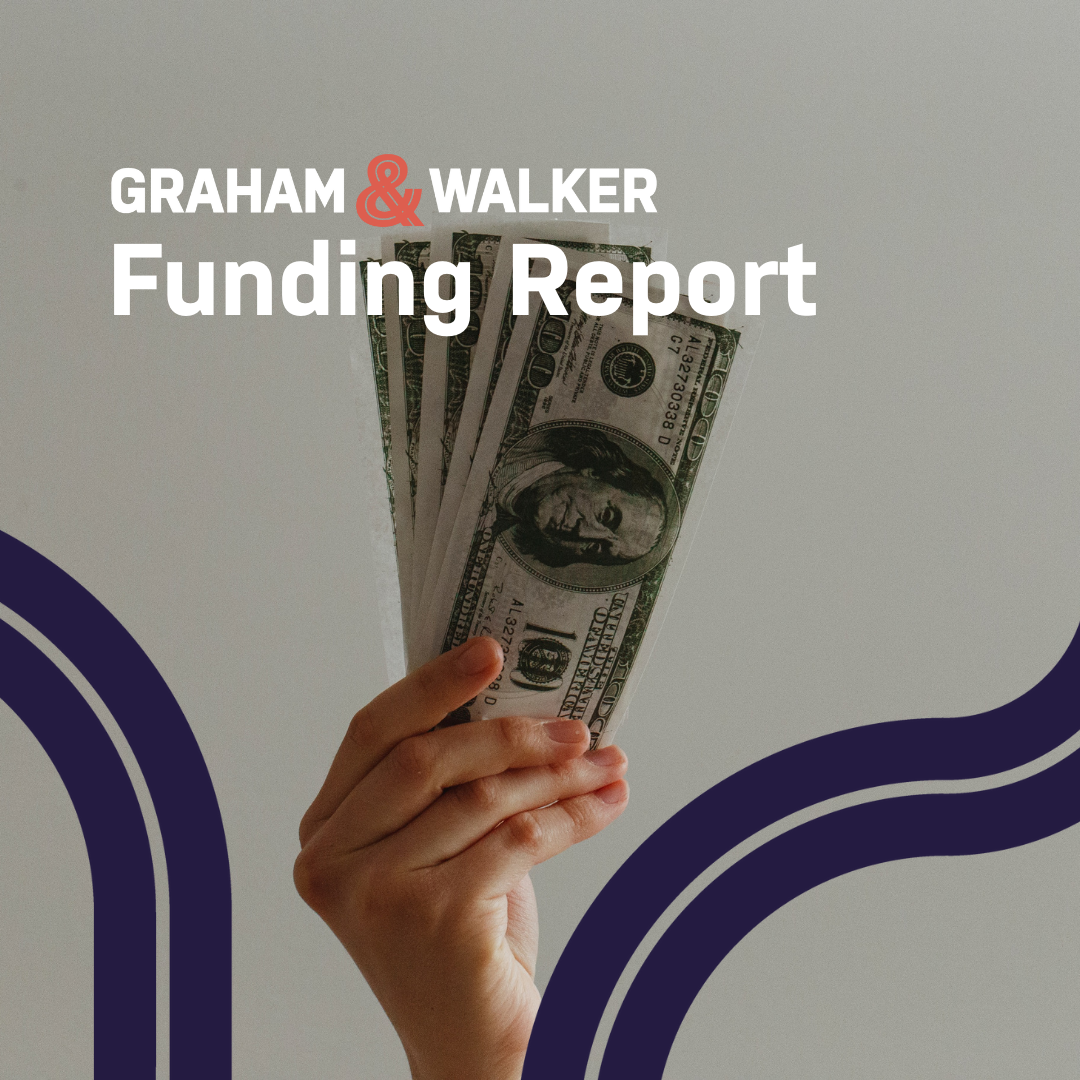It’s impossibly hard. Putting something out into the world. Something you’ve thought about, dreamt about, probably near to obsessed about, for months or even years.
It’s hard because sometimes you don’t know where to start. Or the voice in your head convinces you it’s only you that could ever think this is a good idea. Or maybe because everything else in your life – family, kids, bills – is crowding out the space to give this thing the due it needs.
So you put it off. There’s always tomorrow, right?
I know this place well. I lived in this place for many years – obsessed with an idea but coming to the end of the day realizing I hadn’t made any progress towards making it a reality. Finding one excuse or another to put it off.
Until one day the idea became so big, so present in my life that I had no choice but to find a way to see if it could be something.
So I said 4 weeks. I’ll give myself 4 weeks to see if there is anything here.
And that’s how Poppy was born and how I started one of the best, most gratifying and terrifying journeys of my life.”
So – to you who have that idea that is bursting to come forth into the world I give you these words and these tools:
Find your 4 weeks, start thinking like a scientist, and get started.
1) Create your test plan.
Figure out what you want to test and what you want to learn with 1-3 key metrics. Maybe you have an idea for a home cooking exchange. Your test plan can have the key metric be # of meals successfully exchanged/bought with supporting metrics of # users (both cooks and buyers) and NPS (a measure of satisfaction). Then your test plan would be to try to increase each of those metrics by 10-20% each week. Not a lot in absolute terms but enough to give you a challenge and see if there is something there.
2) Make your users your obsession, not your product.
Too many first time founders get caught up in and enamored with their product. What really matters is if you’re making something your users desperately need. That means less pretty and more functional. And the only way to understand that is to start getting obsessed with your users and understanding every little aspect of their experience. From what problem this is solving to what they to do today and how to where your product has room to improve. So move away from your computer and start talking to your users.
3) Use the data to guide your next decisions.
For those of you familiar with agile or scrum, you’ll know that your job is to define what metric you’re trying to move, come up with hypotheses or little tests that can move that needle, execute and evaluate. Every week you do that process over again in an unending process of minor but important progress. By setting clear goals at the beginning, you can be quick to see if there is something there or not. It helps you be more objective when you’re working in a space you’re deeply committed to. With some luck, you’ll find your way to making progress with your users (you’ll know because your users will start using your product more or start telling their friends).
If not, do not, and I repeat do not, turn to “cop-out” options of Facebook or Google ads or the like. Your goal is not growth at this early stage so it doesn’t matter if you can get a couple more people to use your product. It’s learning and making sure you’re building something that should exist in the world, as measured by your users. Don’t squander the special early stage opportunity where your users are all too happy to talk to you and give you feedback.
If the tough feedback is that no one is using it or it doesn’t actually solve the problem you thought – you have 2 options – keep iterating or stop.
But by creating a time constraint and a clear test plan you have everything you need to get started. To see if the little idea in your head can be something concrete in the world.
So go ahead. Find your 4 weeks. Start on the future you’re dreaming of. I can assure you it certainly won’t go the way you planned it. But it will be something even better. You’ll be a builder. And you’ll be on your way, in control of your own entrepreneurial destiny.
4 weeks really can change your life if you let them.

